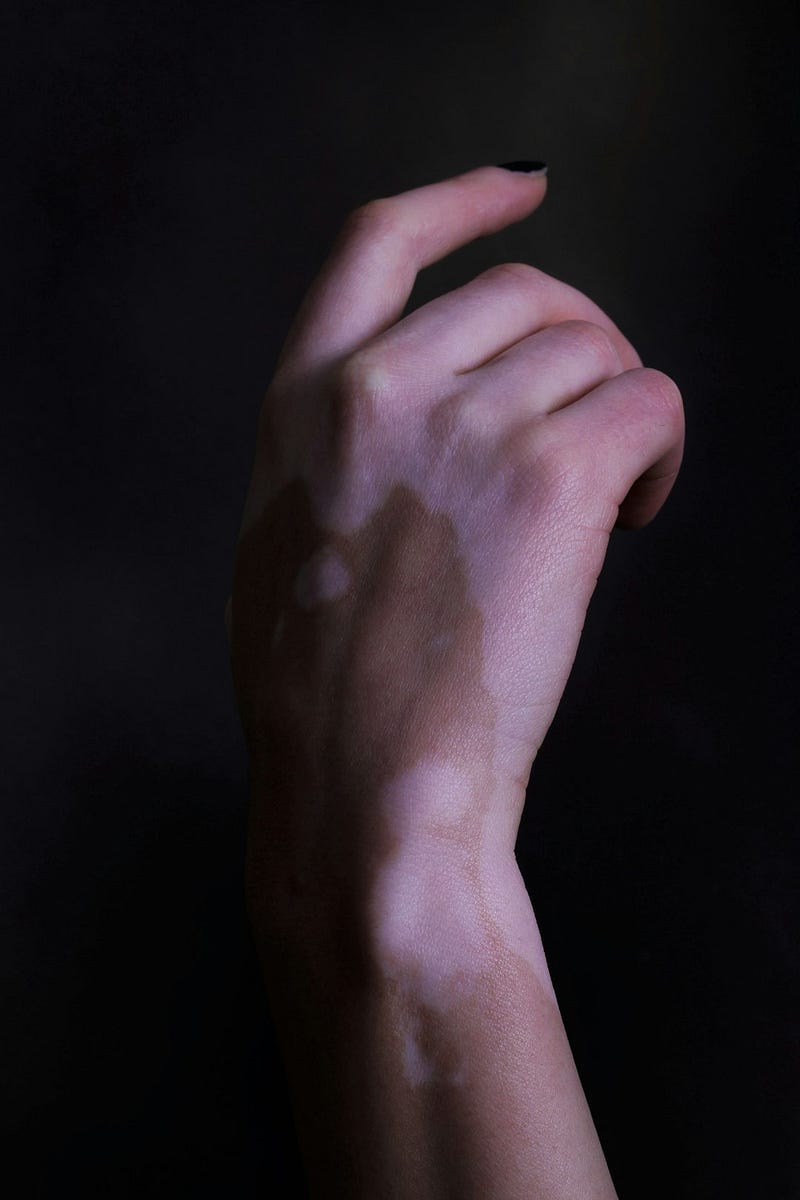Solar Defense Supplements: A Misleading Approach to Skin Protection
Written on
Understanding Supplements and Their Efficacy
Supplements present an intriguing topic. While there are a few that demonstrate clear benefits—often limited to specific groups, such as iron supplements for menstruating women with heavy flows—most are either ineffective or lack solid evidence. For instance, iron may alleviate fatigue but can also lead to nausea, which is typical of many legitimate medical treatments.
Recently, I encountered a striking example highlighting the issues with many over-the-counter supplements: 'solar defense' pills. Numerous variants are available online, but one particular product discussed on Threads caught my attention. Marketed as additional sun protection, it primarily features an extract from a fern species, specifically Polypodium leucotomos or Phlebodium aureum. A quick search reveals a plethora of similar products making the same assertions.
After examining the relevant literature on these sun defense supplements, it seems improbable that they can effectively prevent sunburn, skin cancer, or other sun-related skin issues.
The Research
The notion that fern supplements may help with sunburn and skin protection isn't particularly novel. Initial studies from the late 1990s and early 2000s explored their potential to reduce skin cancer in rats, yielding some intriguing findings. This spurred further clinical trials investigating whether these supplements could mitigate various skin disorders linked to UV exposure.

The earliest human clinical trial I located dates back to 2004. Researchers assessed nine individuals by exposing small areas of their skin to UV radiation, both with and without the fern supplements. After 24 hours, they evaluated the skin's damage, using a five-point scale. Remarkably, those who had taken the supplements showed approximately 0.75 points less damage than those who hadn’t.
However, this trial faced multiple flaws: it was small and not randomized, and the evaluators were aware of whether participants had consumed the supplement, raising concerns about bias, especially since the study was funded by a company selling the pills.
Subsequent trials followed, leading to expectations of positive outcomes given the high price tag of these fern extracts, often exceeding $2 per pill. Here’s a summary of the studies I discovered:
- A small, unblinded randomized trial involving five participants found that those taking fern pills showed a slight reduction in DNA damage markers after UV exposure, although the results weren't statistically significant.
- A larger randomized study with 131 older adults suffering from skin damage compared standard treatment with SPF 100+ sunscreen to a combination of sunscreen and oral fern pills. After six months, the sunscreen alone effectively reduced skin damage markers, with no notable differences between the two groups.
- A confusing Brazilian trial involving 50 participants indicated that those on placebo performed better than those taking the fern supplement concerning actinic keratoses.
- An industry-funded Italian trial assessing the efficacy of fern pills for vitiligo—where skin loses its pigment—found minimal differences, although the fern group had slightly better outcomes for their head and neck.
- Another small trial evaluated fern pills against sunscreen for treating melasma, revealing no meaningful differences between groups.
- A study on eczema in children showed no advantages in topical steroid use for those taking fern pills, although there was a minor decrease in antihistamine usage among this group.
A pattern emerges: many of the trials are funded by the supplement industry, revealing a lack of impartiality and often yielding inconclusive results. Only the study on vitiligo provided any significant improvements, but these findings require larger trials to validate.

In reality, the evidence for the benefits of these supplements is overwhelmingly negative. While there’s a possibility that they might help with pigmentation issues in vitiligo patients, the existing data is insufficient to draw definitive conclusions.
The Dangers of Supplement Marketing
This situation exemplifies why I often label supplements as a scam (unless specifically prescribed by a healthcare professional). Although there’s some evidence suggesting that fern extracts could marginally reduce sun damage, the majority of small, industry-sponsored trials indicate they likely do little for common skin issues exacerbated by the sun.
The crux of the problem lies in how these supplements are marketed. Upon exploring various online stores or supermarket shelves, you’ll encounter gleaming bottles boasting promises of UV damage reduction. While they often state they should be used alongside sunscreen—likely for legal reasons—they imply that merely consuming the pills will lessen the risk of sunburn or skin cancer.
This pattern is prevalent across numerous supplement claims. A cursory glance at various products often reveals a lack of credible evidence supporting their advertised benefits. Many claims may be technically legal; manufacturers are restricted from making explicit assertions like "this prevents skin cancer," yet they can easily create misleading impressions. If you purchase products like Sol Defense, which touts "specialty ingredients" for "internal sunscreen," you might mistakenly believe that there’s substantial evidence backing its effectiveness. However, the reality is quite the opposite.
My recommendation is to steer clear of solar defense supplements. To effectively minimize sun damage and reduce the risk of skin cancer, consistently use sunscreen and seek shade whenever possible. While some sun exposure is necessary for vitamin D, it’s wise to limit time under high UV conditions and always apply sunscreen, particularly during peak summer hours.
Chapter 2: The Importance of Proper Sun Protection
In this video, President Trump discusses the importance of various health measures and their implications for public health, including the role of supplements.
This video explores the modern neuroscience of fear and trauma, shedding light on how understanding these concepts can aid in personal development and health.